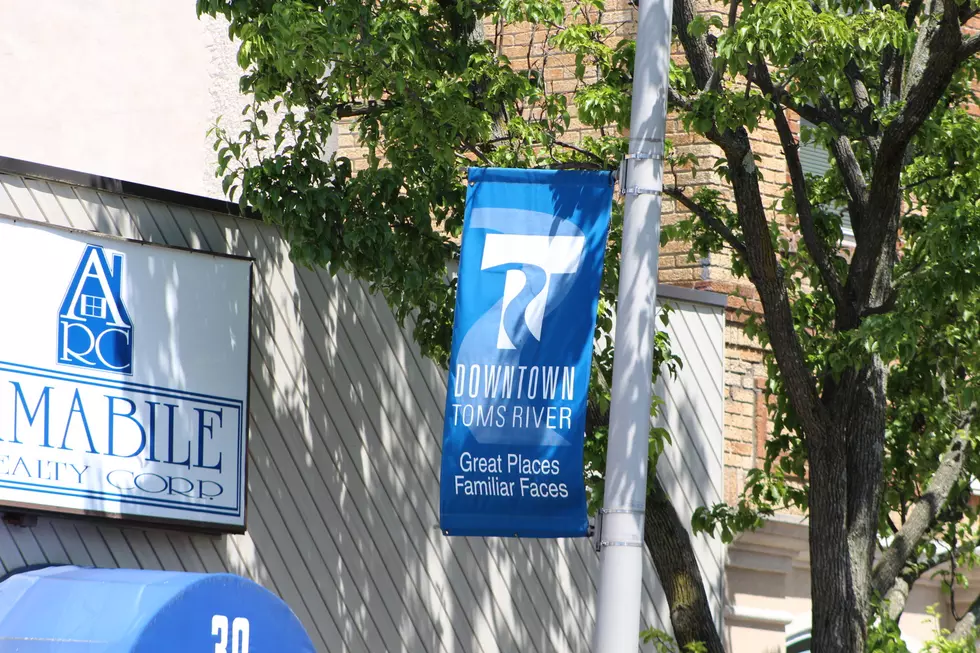
COVID has disrupted downtown life, but NJ leaders expect rebound
Parking spots are available. Store windows are dark. Few are out strolling on sidewalks. If you've driven through a New Jersey downtown area in the last 11 months, you have seen firsthand the devastating impact the COVID-19 crisis has had on municipal commerce.
This year holds promise for turning out better than last, as vaccines get into arms and mobility is allowed to increase. But some of the changes the pandemic has necessitated could be permanent.
A virtual meeting of the minds organized last week by the nonprofit Downtown New Jersey sought to forecast what the next 11 months and beyond might look like in what were once some of the Garden State's most vibrant communities.
"How I see the difference, if I have a crystal ball, is yes, it's going to be different. I'm not sure what it looks like, but it's going to be more effective," Leslie Anderson, president and CEO of the New Jersey Redevelopment Authority, said.

Key to that increased effectiveness, all who were involved agreed, is a renewed commitment to public transportation, which some formerly avid riders have abandoned either due to fears of virus spread, or just because they are working more from home.
Deb Tantleff, founding principal of Tantum Real Estate, said if she knows her train trip will be more than 40 minutes, she would rather drive to her destination. So the future could be less about making a commute into Manhattan attractive and more about, for instance, a jaunt from Somerville to New Brunswick.
"People are going to be working from home some days, and they'll walk downtown for lunch, and then they'll come back or they'll go to the gym, and they'll get back on transit," Tantleff said. "The question is, where are they going?"
The answer could be determined by how effective New Jersey can be at emphasizing what has always drawn people to downtown areas: their individuality, according to Riverside Township Administrator Meghan Jack.
That includes municipalities working together to highlight each other's unique offerings.
"What are some of the things that we might not have in Riverside, but that Palmyra might have, or Cinnaminson, so that somebody will hop on the train in Riverside, take that down to Cinnaminson," Jack said.
Keeping in mind that people will still need, and want, to get into and out of New York City at some level, Tantleff said the progression of the Gateway Project would help downtown recovery along.
Downtown office space also figures to undergo a transformation, especially considering that much of it may not be needed anymore as businesses consider converting operations to full-time working from home.
But the ecosystem between landlords, municipalities, and users won't break down entirely, said Paul Silverman, principal of Silverman in Jersey City.
Business will return to normal even if it's a reduced and eventual form of what we once thought was normal.
"You want to be with your colleagues, you want to be able to have a two-minute conversation or a two-hour conversation and not have to schedule a Zoom call or schedule a meeting and all that," Silverman said. "So I think that interaction is important."

KEEP READING: Here are 50 of your favorite retail chains that no longer exist
More From Beach Radio










